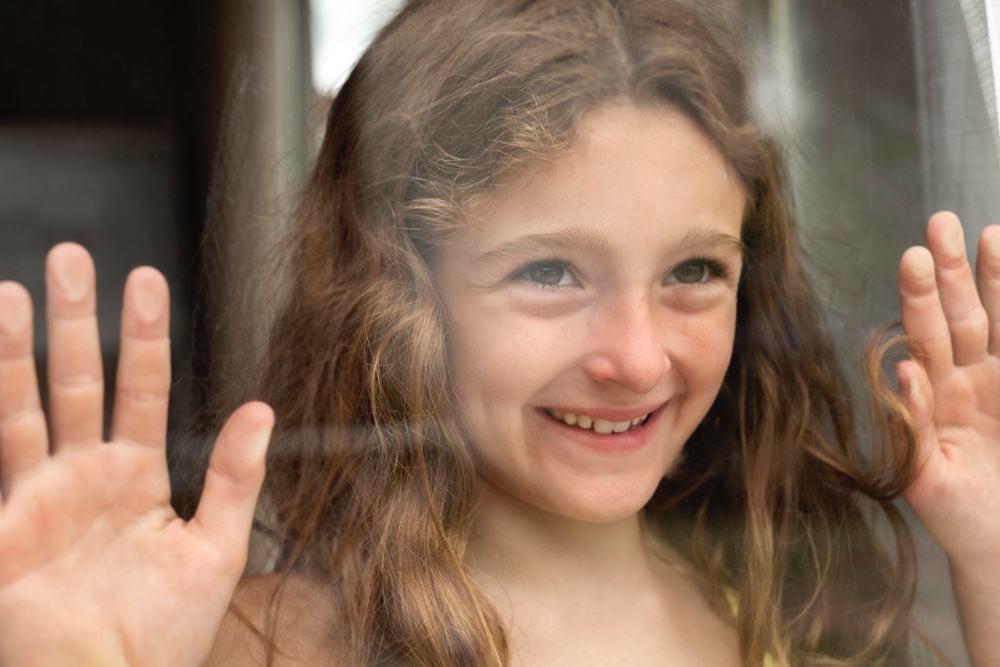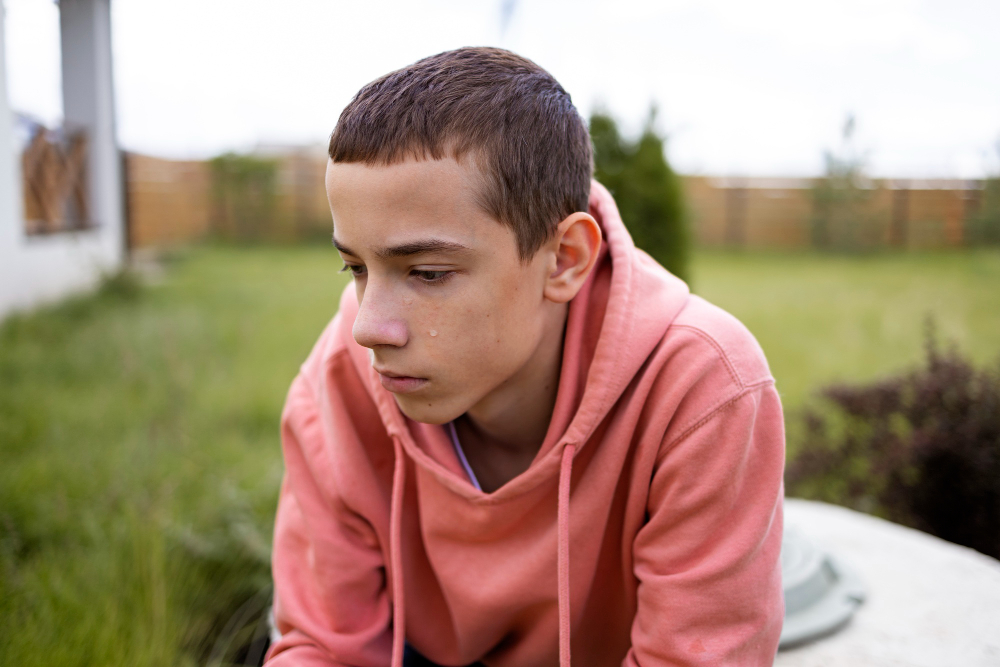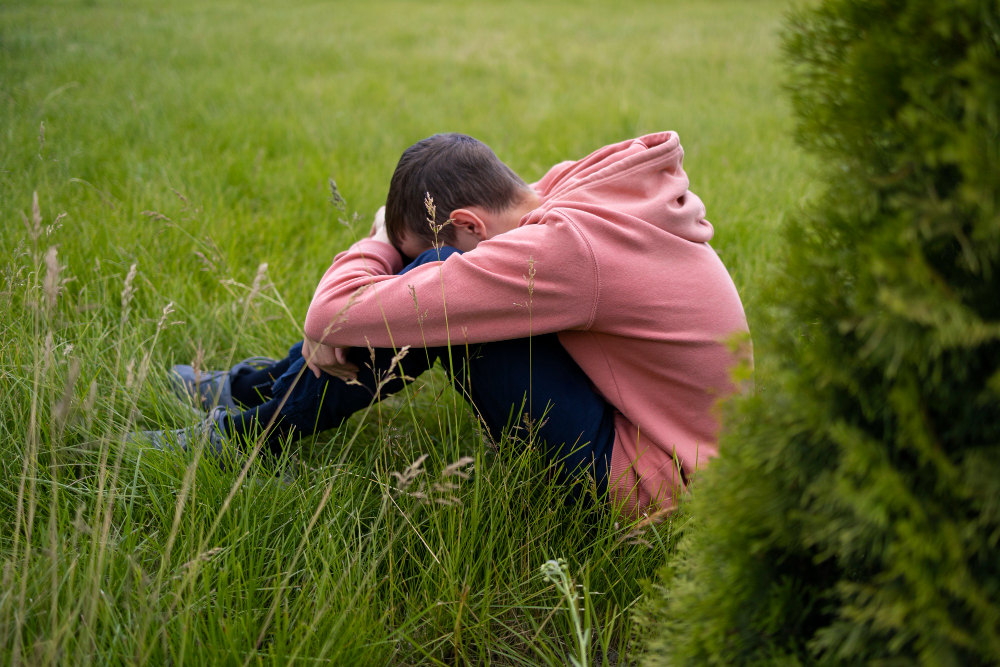
Neurodivergent Students
Students whose brains function differently from the dominant norm—such as those with ADHD, autism, dyslexia, or other cognitive differences. Highlights experiences, barriers, and advocacy needs.
-
Justice and dignity too expensive for BC NDP
In 2018, experts told BC exactly how to fix special education funding. The government has spent five years “consulting” instead. Meanwhile, your child sits in hallways. The 192% problem nobody wants to fund Between 2015 and 2024, autism designations in BC schools exploded by 192%. Total student enrolment? Up just 11.6%. The province knows this. They…
-
When delay becomes policy: British Columbia’s strategic abandonment of disabled students
In 2018, an independent panel reviewed how British Columbia funds kindergarten through grade twelve education and recommended a prevalence model for special education funding, a shift that would allocate resources based on statistical prevalence of disability within the general student population rather than on individual diagnostic designation. The proposal threatened to expose what the existing system carefully…
-
The cancellation
When the principal cancelled the volleyball game, she did more than remove an afternoon of play from a group of eager children, she transformed what should have been a moment of joy and collective affirmation into despair and humiliation, converting what should have been an opportunity to connect and excel as a team into a…
-
Debility versus disability: what the system cannot acknowledge
My son Robin took to bed two weeks before March break. He had been soldiering on through the aftermath of a school transfer the district assured us would help him, though his body told me otherwise from the first day he arrived. I’ve seen that kind of shutdown before—at camp, at birthday parties, in classrooms…
-
On masking and self regulation
One of the most surprising and disorienting lessons I’ve learned—through parenting neurodivergent twins, through surviving the school system alongside them, and through slowly unmasking myself—was this: You can’t fake regulation You cannot breathe slowly enough, sit still enough, or smile warmly enough to convince a child you are calm when your nervous system is in…
-
Summer school blues: on being excluded from the gifted program
In the spring of 2018, I applied to the Vancouver School Board’s summer Gifted/Challenge Program for my twins, Jeannie and Robin, who had just finished kindergarten and were, in different ways, already outpacing the curriculum. Robin was already captivated by the ancient world—particularly Egypt, with its pyramids, its rituals, its mythologies of death and continuity,…
-
The cost of being careful: how punishment rewires the brain for fear, not learning
There are classrooms where children learn to think, and there are classrooms where children learn to be careful. Too often, we pretend they are the same. But when punishment—especially collective or public punishment—dominates the emotional tone of a learning space, what emerges is not intellectual risk-taking or social responsibility. What emerges is fear. Surveillance. A…
-
When fairness fractures: A response to “Collective Punishment in Schools” by Serene Leeyc
A recent article by Serene Leeyc, titled Collective Punishment in Schools: Fairness or Fostering Division?, offers a welcome and accessible overview of collective punishment in school settings—a practice that, while common, remains shockingly under-examined in public discourse. The piece attempts to understand the teacher’s dilemma, surveys common classroom scenarios, and suggests positive alternatives like restorative justice…
-
The space between my brain and the page
My parents never sent me to kindergarten, so when I started first grade, it was a bit mysterious to me. I had been living on the side of a mountain, chasing garter snakes, and picking wild strawberries. While the class attempted to learn the alphabet, my parents had already been reading chapter books to me…









